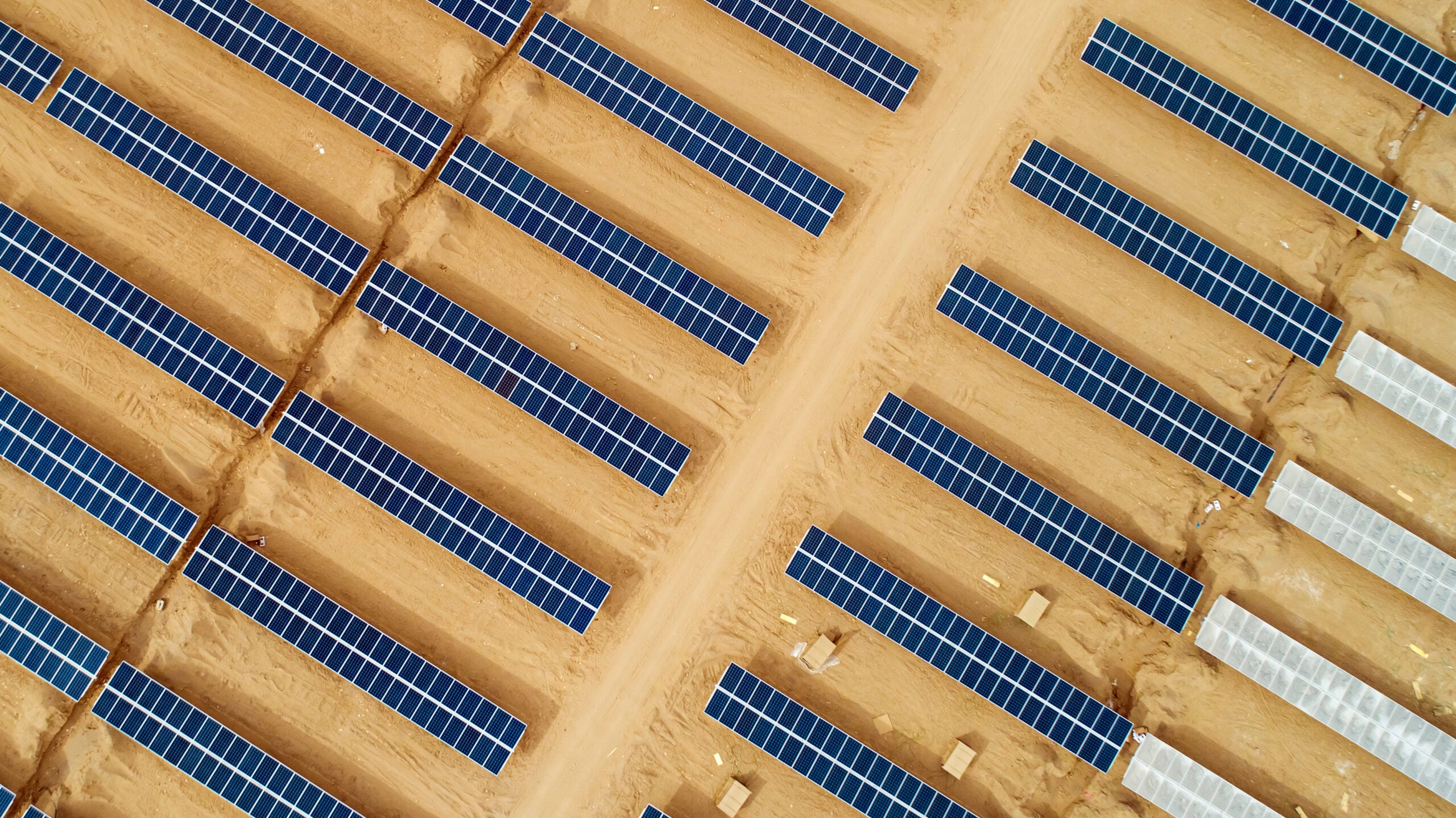In 2020, the electricity demand in Bulgaria stood at 30.9TWh, more than half of which is fulfilled by nuclear power generation. Even during 2000-2030, nuclear power will be the dominant source for power generation in the country. The Bulgarian government is in talks with US and Russian Government for the development of new nuclear power capacity. In 2020, the country has only one nuclear power station known as the Kozloduy nuclear power plant (NPP) which has six units. After the decommission of Unit 1 and 2 Kozloduy NPP in 2002 and unit 3 and 4 in 2006, all the nuclear power is generated through unit 5 and unit 6.
Bulgaria’s electricity market is in transition right now. The government is slowly decreasing its coal power capacity to gradually replace it with renewable power capacity. During this energy shift, the government plans to rely on nuclear power generation to meet the major electricity demand. Nuclear power generation was 15.9TWh in 2020 making its share 44% in total power generation in the country. The share is expected to remain above 40% till 2030.
How well do you really know your competitors?
Access the most comprehensive Company Profiles on the market, powered by GlobalData. Save hours of research. Gain competitive edge.

Thank you!
Your download email will arrive shortly
Not ready to buy yet? Download a free sample
We are confident about the unique quality of our Company Profiles. However, we want you to make the most beneficial decision for your business, so we offer a free sample that you can download by submitting the below form
By GlobalData
In January 2021, the Bulgarian cabinet also approved plans for the construction of a seventh unit at the Kozloduy nuclear power plant using Russian-supplied equipment purchased for the Belene project. However, the schedule for this project is still uncertain. The Belene project in northern Bulgaria included the construction of two 1,000MW units using Russian equipment. The project’s construction started in 2008 but was later suspended in 2012 owing to financing problems.
Bulgaria has taken multiple steps toward the development of nuclear power in the country in recent times. The country even joined Nuclear Energy Agency (NEA) in January 2021. Moreover, Kozloduy NPP also signed a memorandum of understanding (MoU) with US-based NuScale Power for the deployment of NuScale’s small modular reactor (SMR) technology. Such steps provide a clear indication that the government, despite plans to shift toward renewable power, is still keen on developing nuclear power.
The nuclear power in the country also helps the government to achieve the carbon neutrality target of the EU. As per the final National Energy and Climate Plan (NECP) submitted by Bulgaria to the EU, the country plans to reduce its greenhouse gas (GHG) significantly. Further, as per the updated green deal strategy by the EU, all its member states, including Bulgaria, will reduce GHG emission by 55% by 2030 compared to 1990. The country is expected to reach these targets as they plan to divert its thermal power generation toward renewable power generation.







Related Company Profiles
NuScale Holdings Corp
NEA
Nuscale Power Corp
Nuclear Energy Agency
MOU S.A.